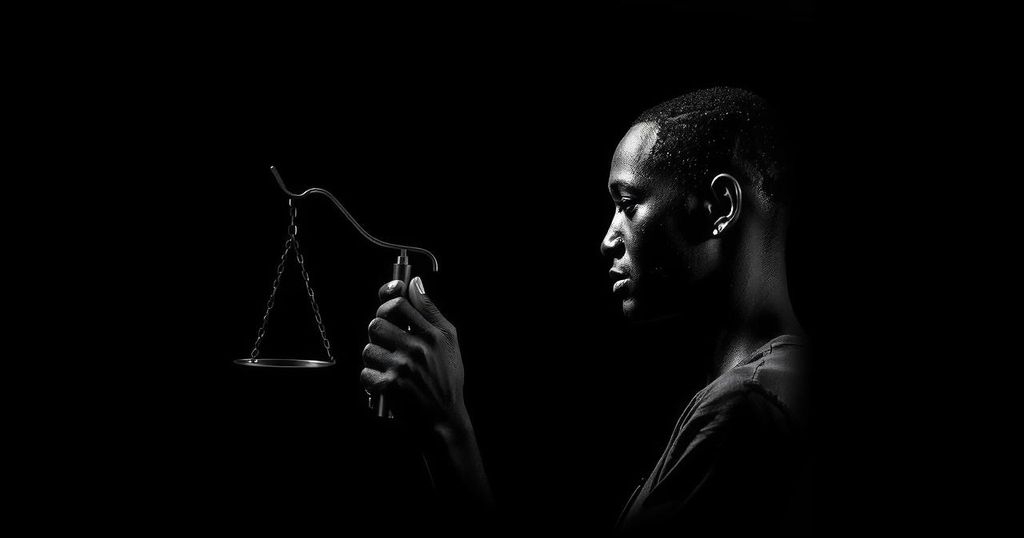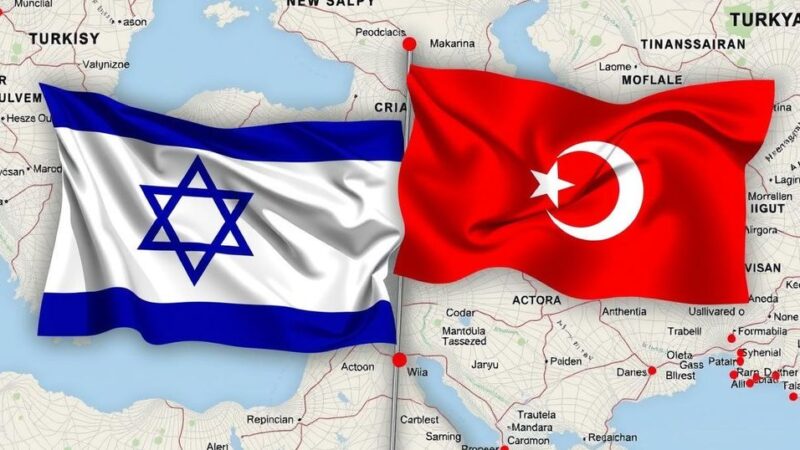Ugandan lawyer Kalali Steven has filed a lawsuit against the Democratic Republic of Congo at the East African Court of Justice, alleging severe human rights violations in Makala Central Prison, including overcrowding, physical abuse, and sexual violence against female inmates. His case follows a deadly jailbreak on September 1-2, 2024, and aims to hold the DRC accountable under the EAC Treaty, seeking improvements in prison conditions and emphasizing regulations to protect the rights of detainees.
Ugandan attorney Kalali Steven has initiated legal proceedings against the Democratic Republic of Congo (DRC) before the East African Court of Justice, alleging egregious violations of human rights within Makala Central Prison. His lawsuit claims that the DRC government is guilty of systematic overcrowding, physical abuse, and incidents of sexual violence directed at female inmates within the facility located in Kinshasa. Kalali contends that these conditions contravene the East African Community (EAC) Treaty alongside international human rights statutes. The case has been submitted to the First Instance Division in Arusha, Tanzania, with Mr. Kalali seeking to hold the DRC accountable as a partner state of the EAC. This legal action follows a tragic jailbreak attempt that occurred on September 1 and 2, 2024, at Makala Prison, which reportedly resulted in numerous deaths during violent security measures. Kalali asserted, “DRC forces used live ammunition on unarmed inmates,” highlighting that over 129 inmates lost their lives during the incident, which he claims is a violation of the fundamental right to life as stipulated in the EAC Treaty. According to a United Nations report, the prison, originally designed to accommodate 1,500 inmates, was overcrowded with approximately 14,000 individuals at the time of this incident, thus grossly undermining human dignity and violating Article 7(2) of the EAC Treaty, which mandates compliance with international standards. The lawsuit also references alarming allegations of sexual violence within the prison setting, noting that, “269 out of 348 female prisoners reportedly experienced sexual abuse,” according to findings from the United Nations Population Fund (UNFPA). Kalali claims that the DRC government’s failure to safeguard female inmates directly breaches international agreements concerning women’s rights. Furthermore, the complaint underscores restricted access to legal and civil support following the attempted escape, asserting that legal representatives and civil organizations have been denied access to detainees. Kalali argues that this restriction contravenes Article 8(1)(c) of the EAC Treaty, stating that, “Inmates lack legal representation and necessary services, violating the Treaty’s principles on justice.” Kalali has raised concerns regarding minors being held alongside adults in Makala Prison, a practice that he contends endangers vulnerable young detainees and violates both international regulations and the United Nations Convention on the Rights of the Child. Through his lawsuit, he seeks that the court declare the DRC in breach of the EAC Treaty, provide compensation for affected inmates, and impose requirements for improvements in prison conditions. Additionally, he requests an injunction to prevent future occurrences of similar abuses. Kalali’s case is significant for the East African region as it raises critical questions regarding the responsibility of partner states in maintaining human rights standards within the EAC framework. As he stated, “The EAC must ensure the protection of its citizens’ rights,” advocating for the court’s enforcement of regional standards and DRC’s adherence to its human rights obligations. The unfolding of this case has attracted attention from human rights advocates across East Africa, who observe its potential implications on prisoner rights and the accountability of state obligations within the EAC. The outcome of this litigation could establish a pivotal precedent, influencing prison management and human rights practices throughout the region.
This legal action reflects a growing concern regarding prisoner rights and human rights violations within the East African region. The Makala Central Prison, notorious for its overcrowded conditions and reports of abuse, has become a focus of scrutiny. The East African Court of Justice serves as a venue for addressing such grievances under the EAC Treaty, which emphasizes the importance of upholding human rights and adhering to international standards. Kalali’s lawsuit not only seeks justice for the affected inmates but also aims to foster accountability among EAC partner states regarding their obligations to protect and serve the fundamental rights of individuals within their jurisdictions.
In summary, the lawsuit filed by Ugandan lawyer Kalali Steven against the DRC highlights severe human rights concerns within Makala Central Prison, drawing attention to overcrowding, reports of violence against female inmates, and restricted access to legal support. By invoking the EAC Treaty and international human rights laws, Kalali seeks to hold the DRC accountable for breaches of these essential agreements, advocating for the protection and respect of human rights throughout the East African region, and setting a potential benchmark for future cases involving prisoner rights.
Original Source: allafrica.com







